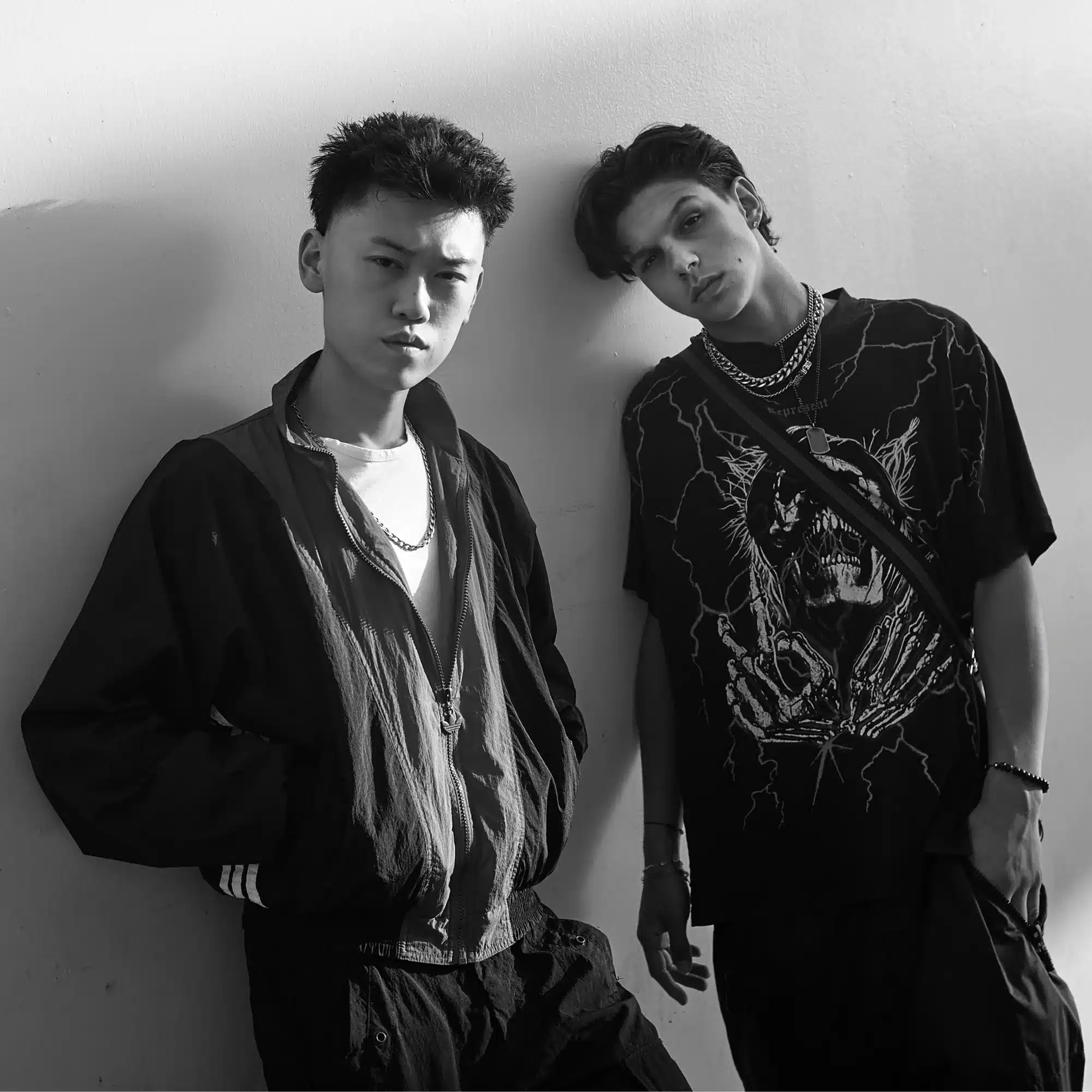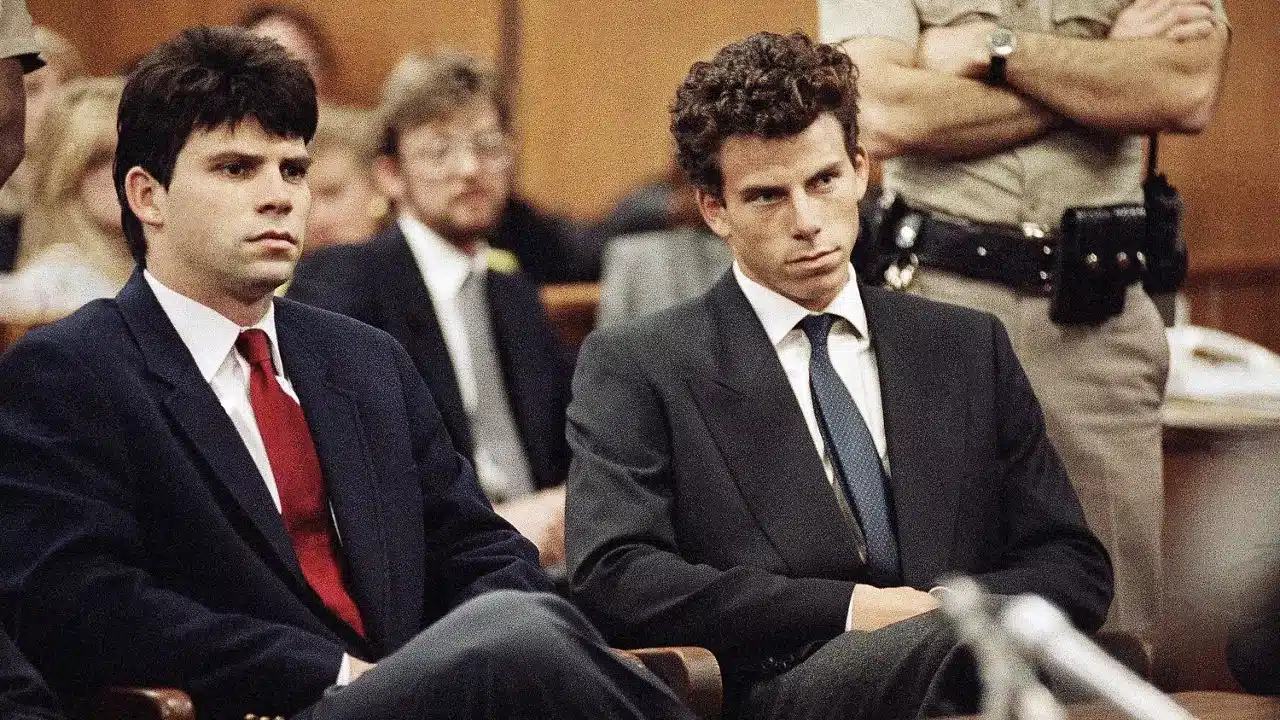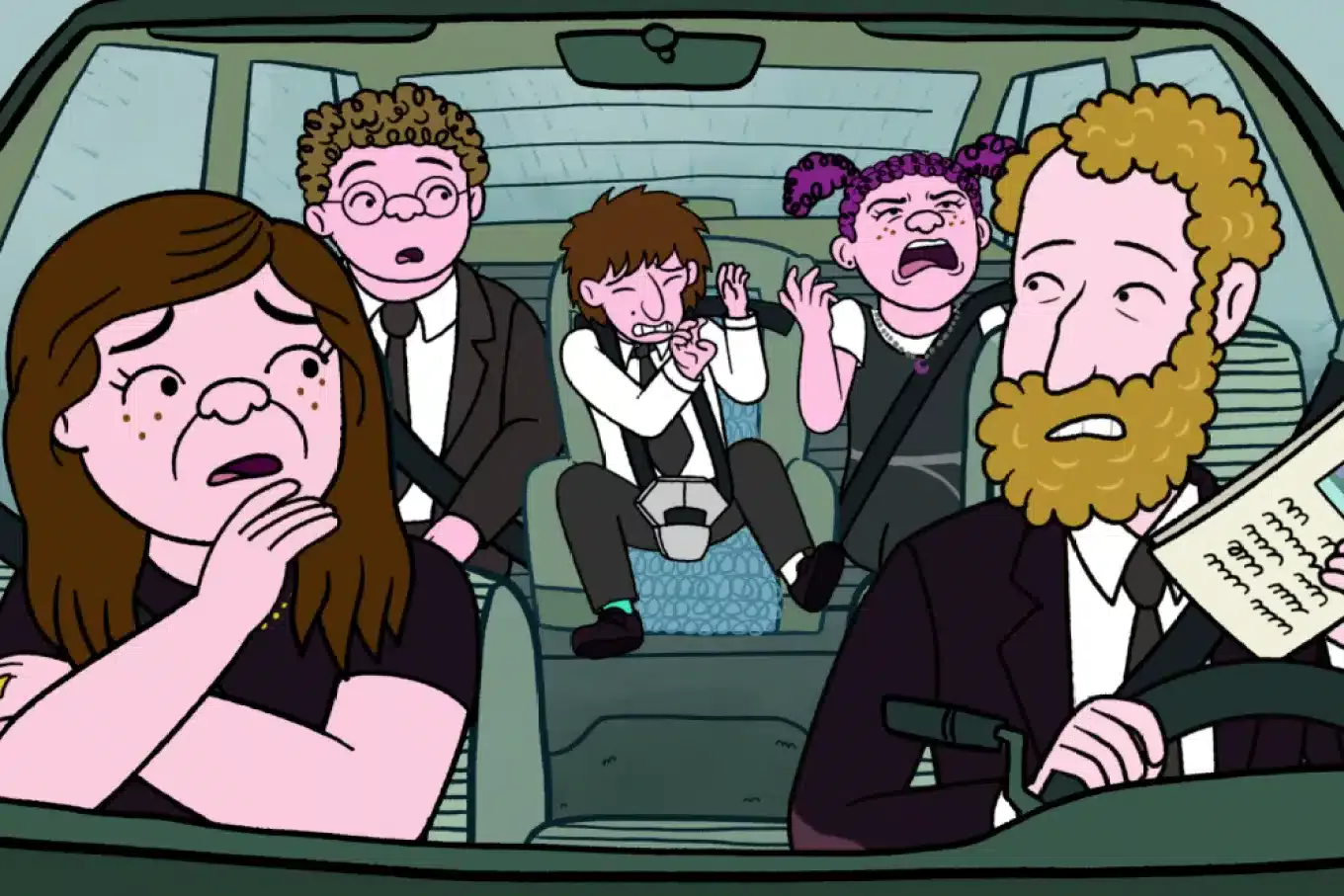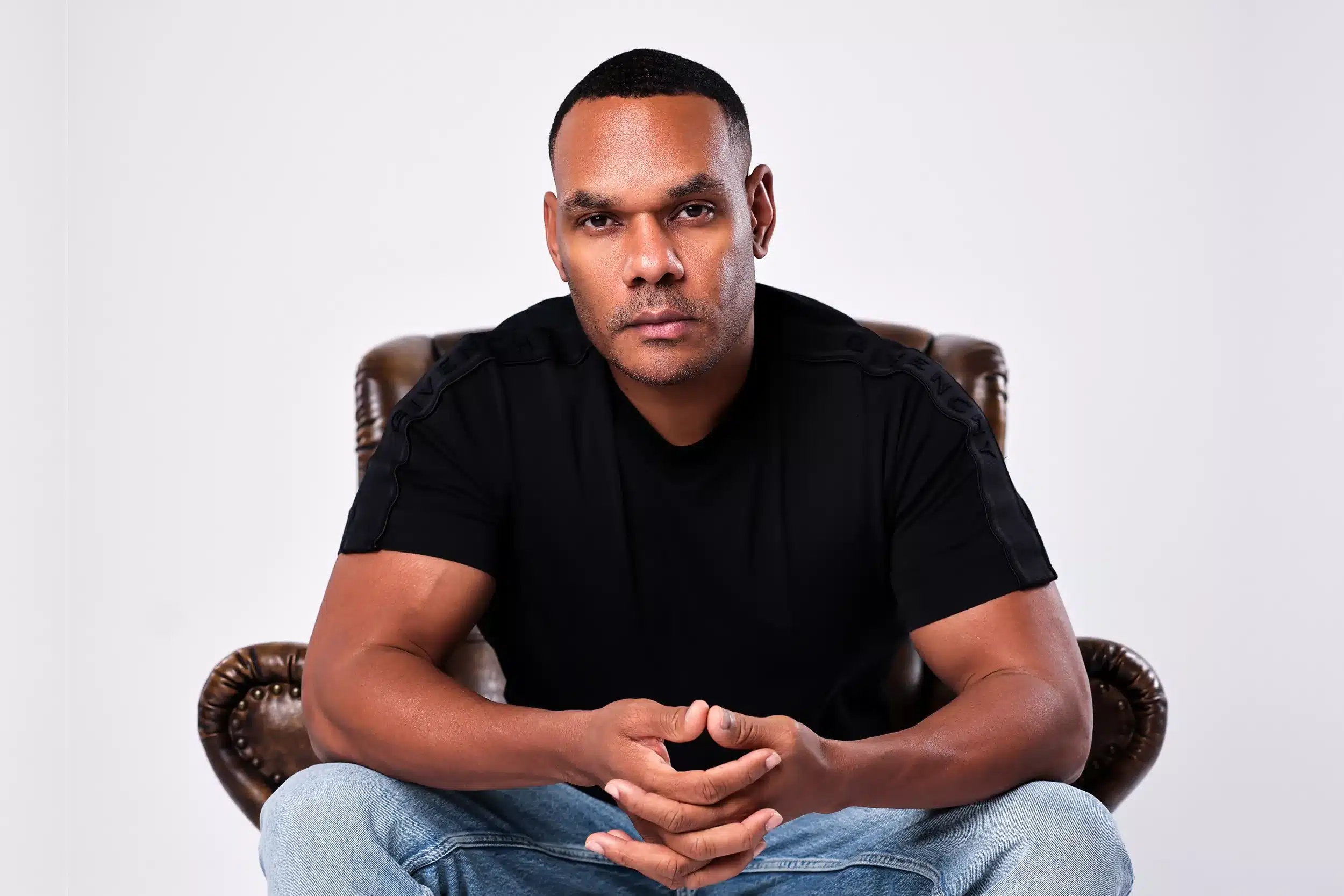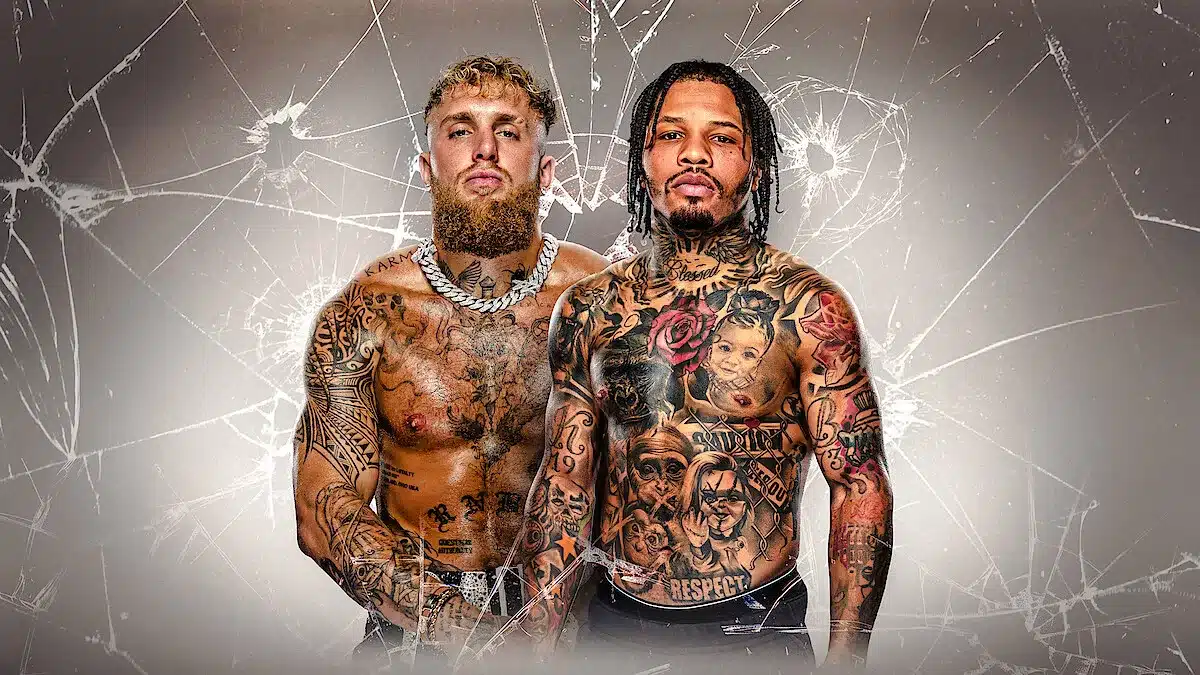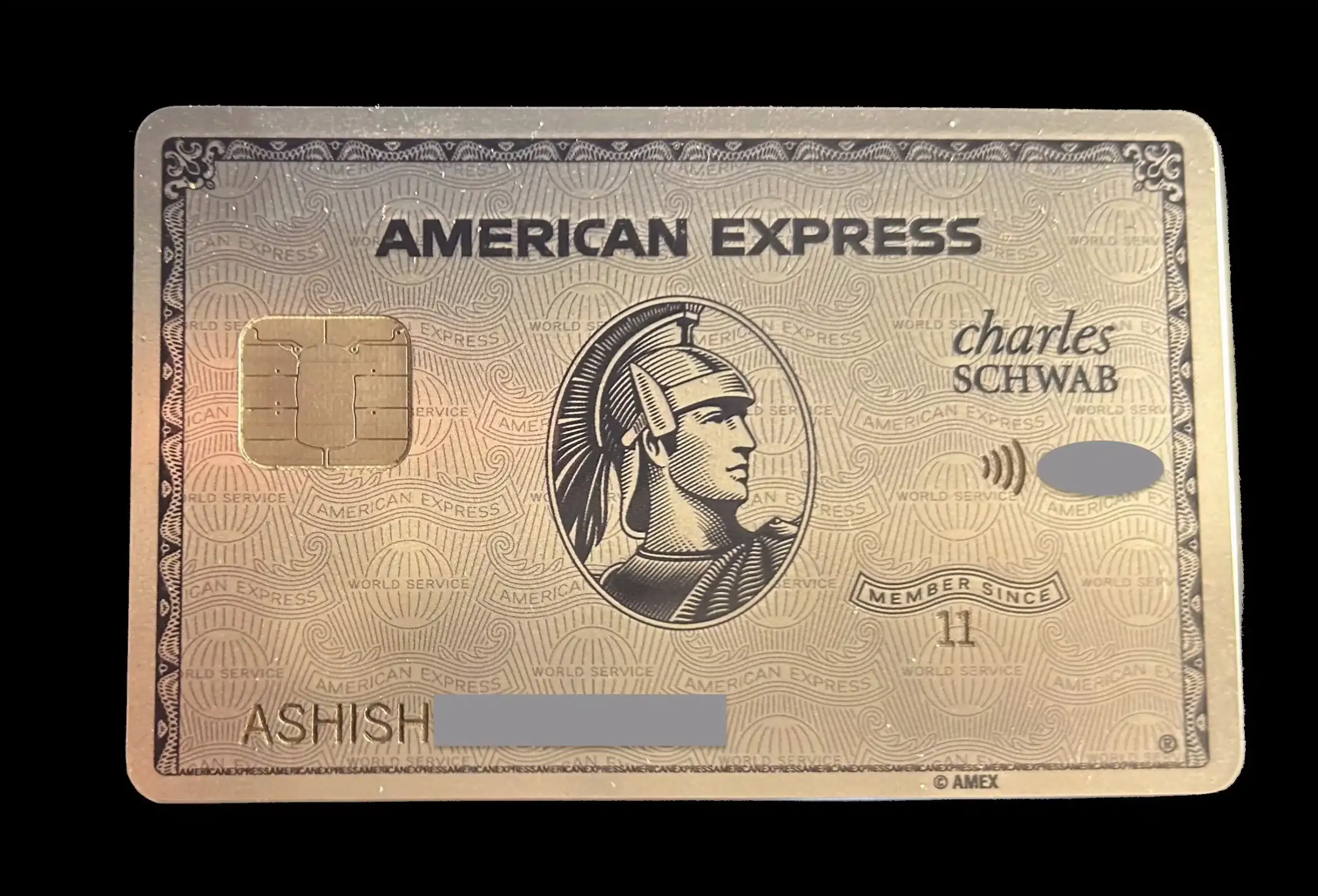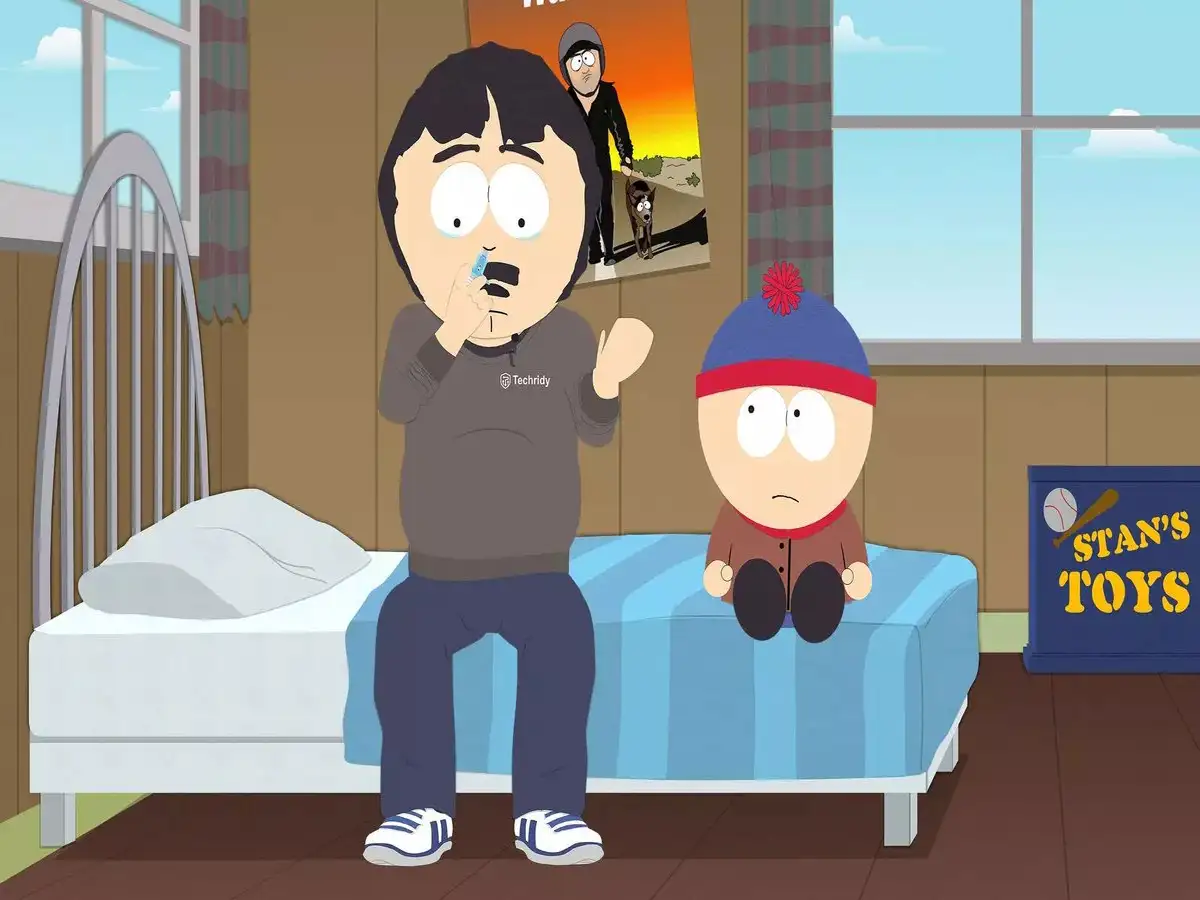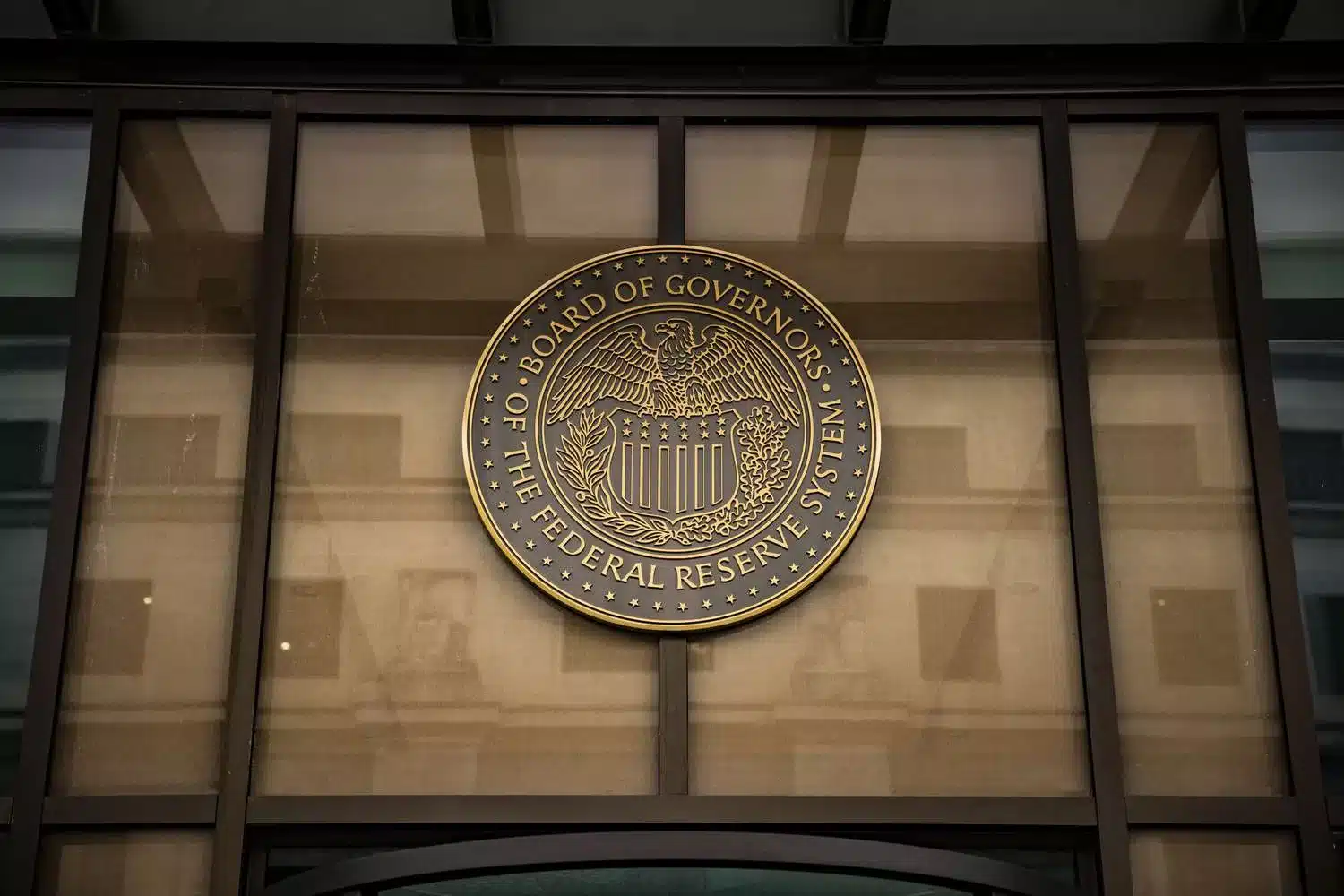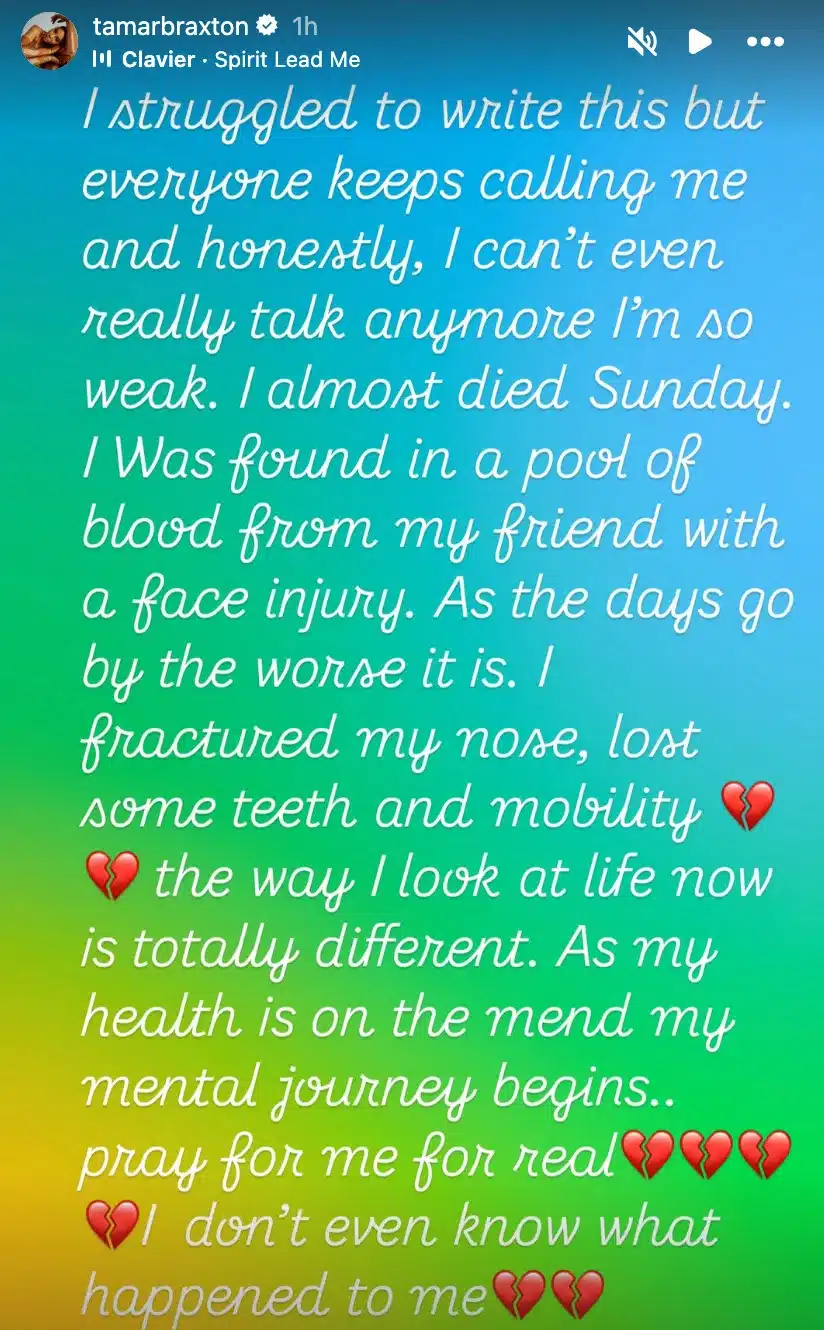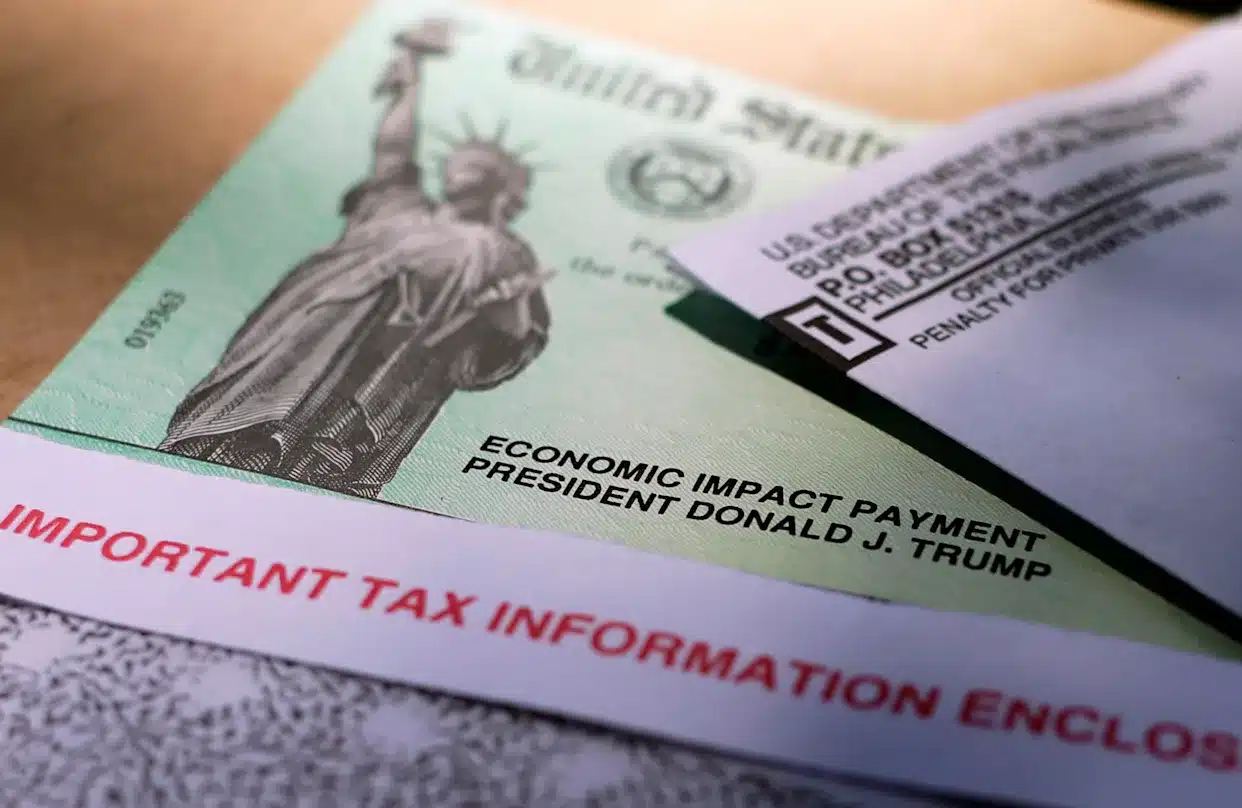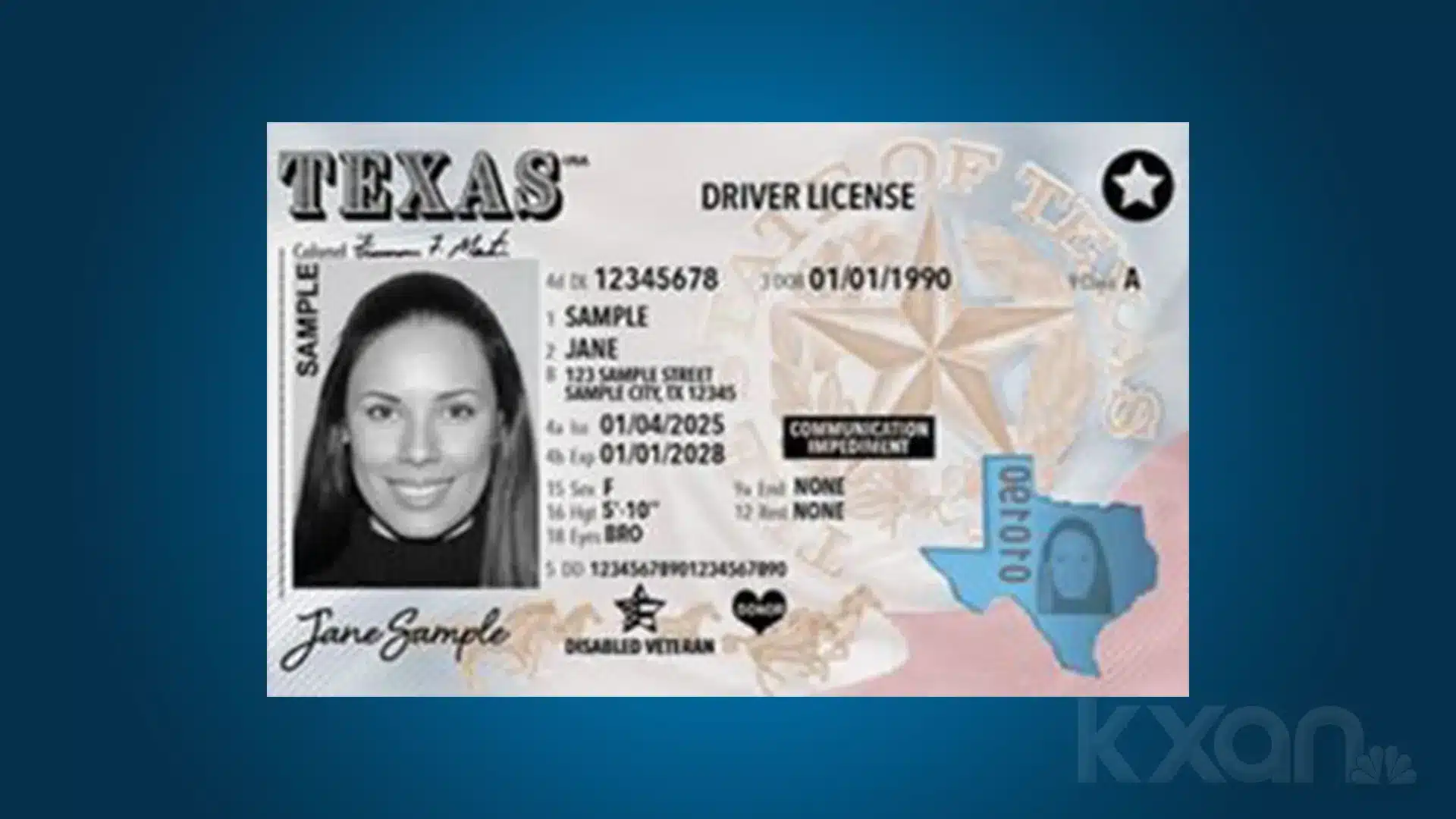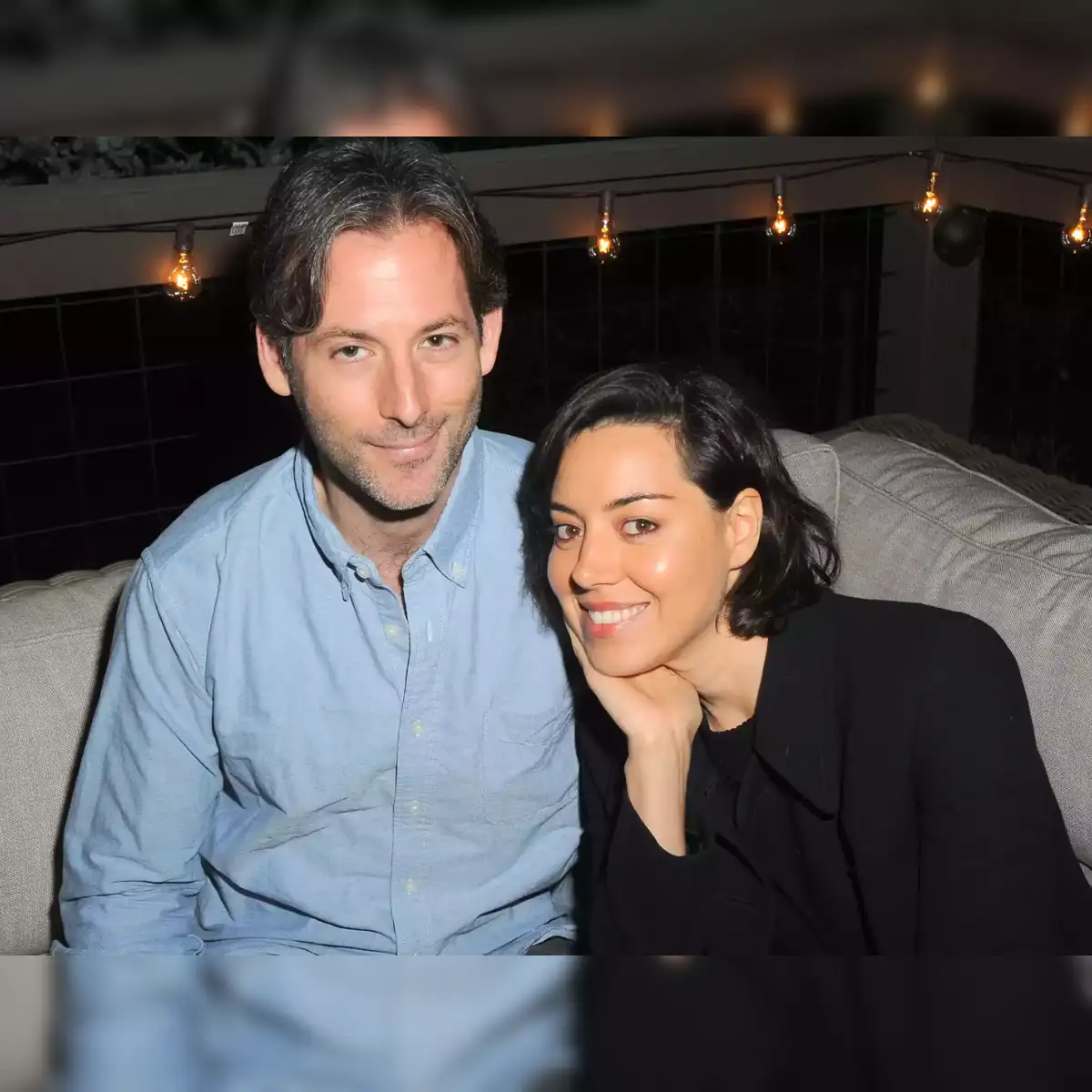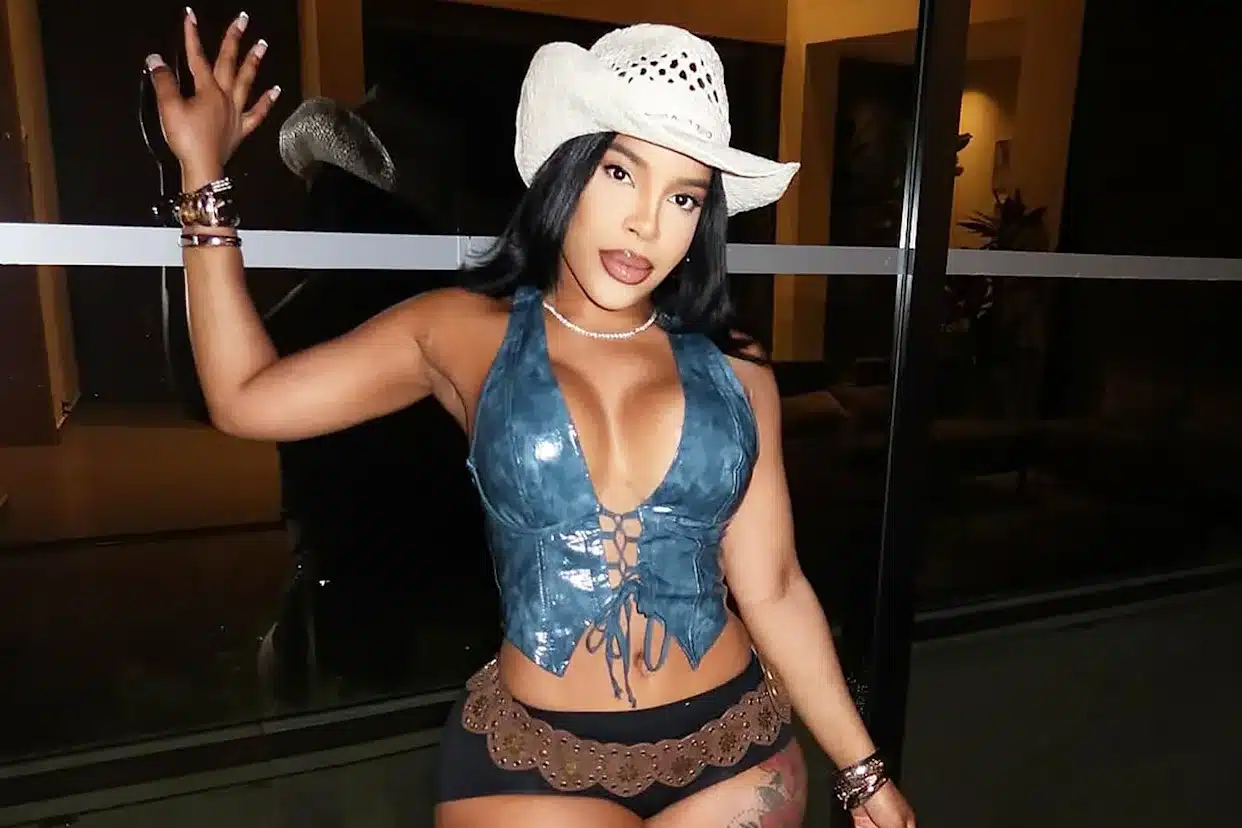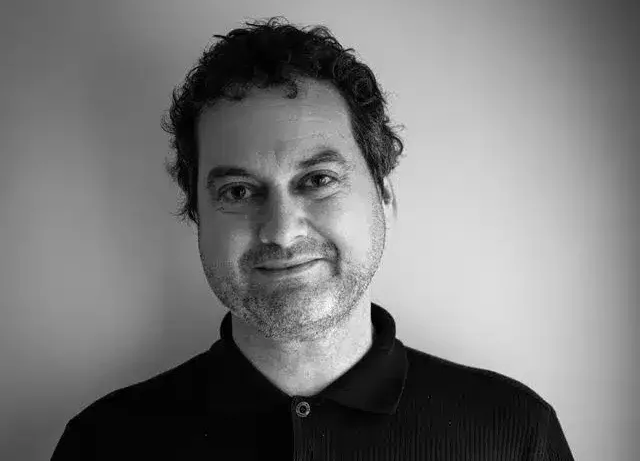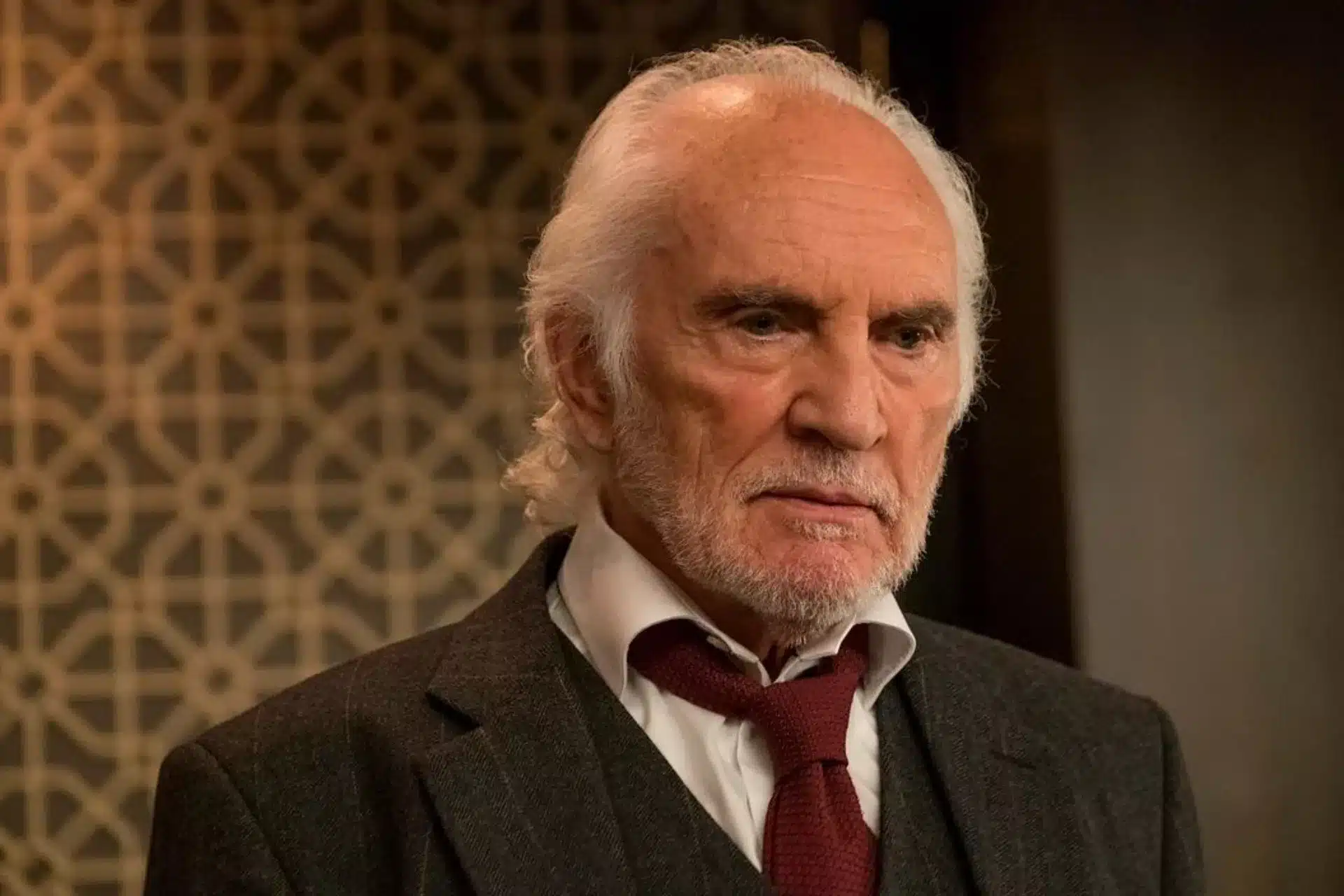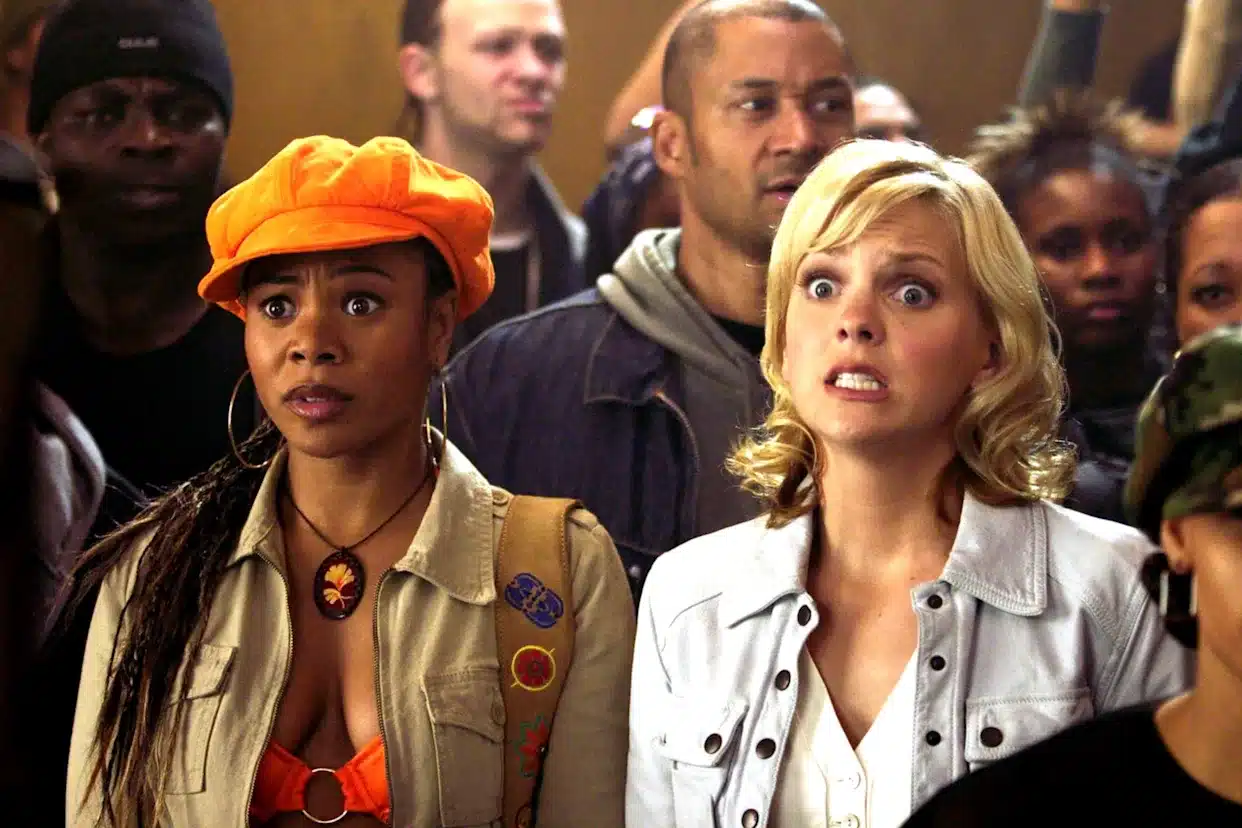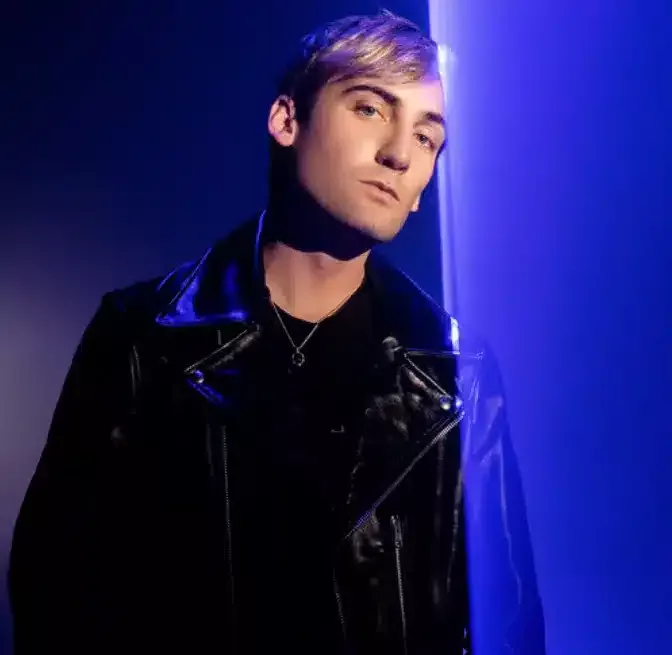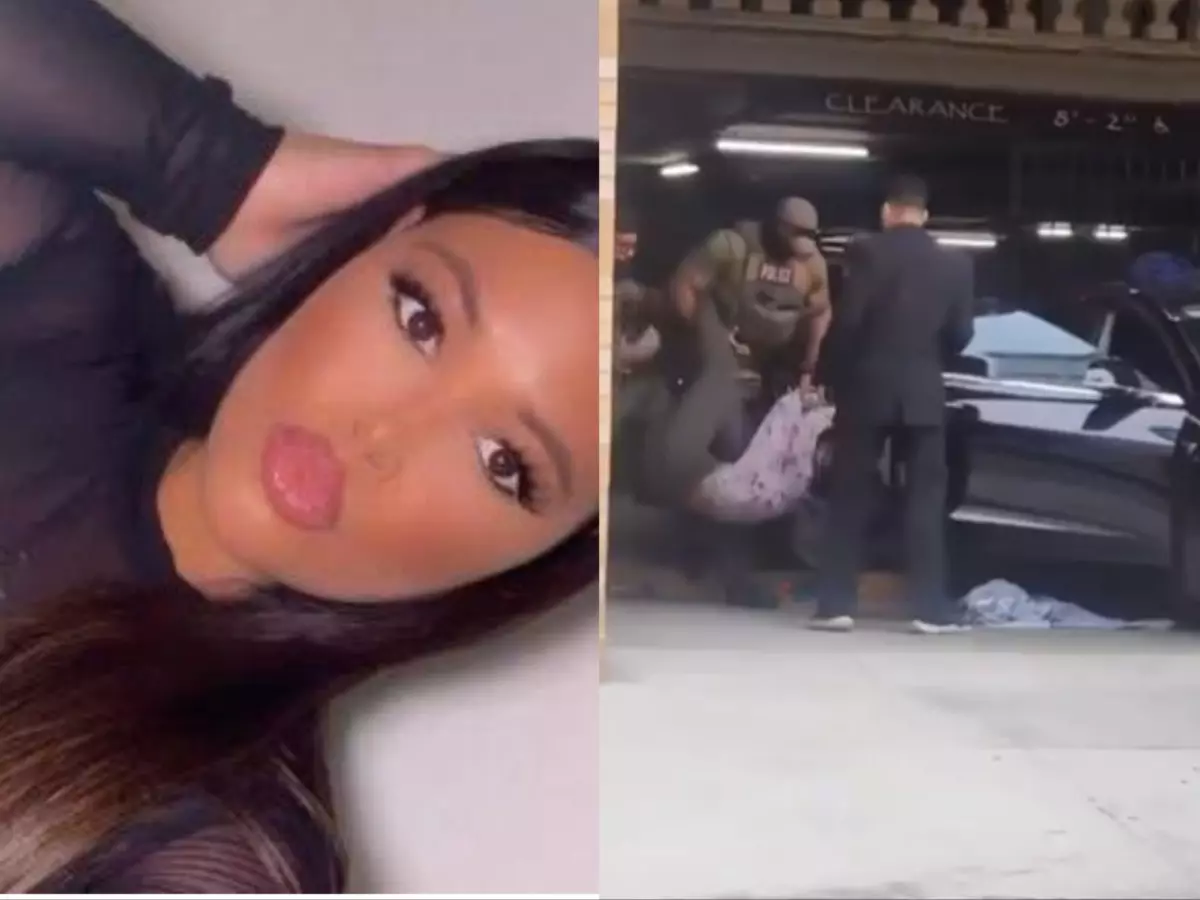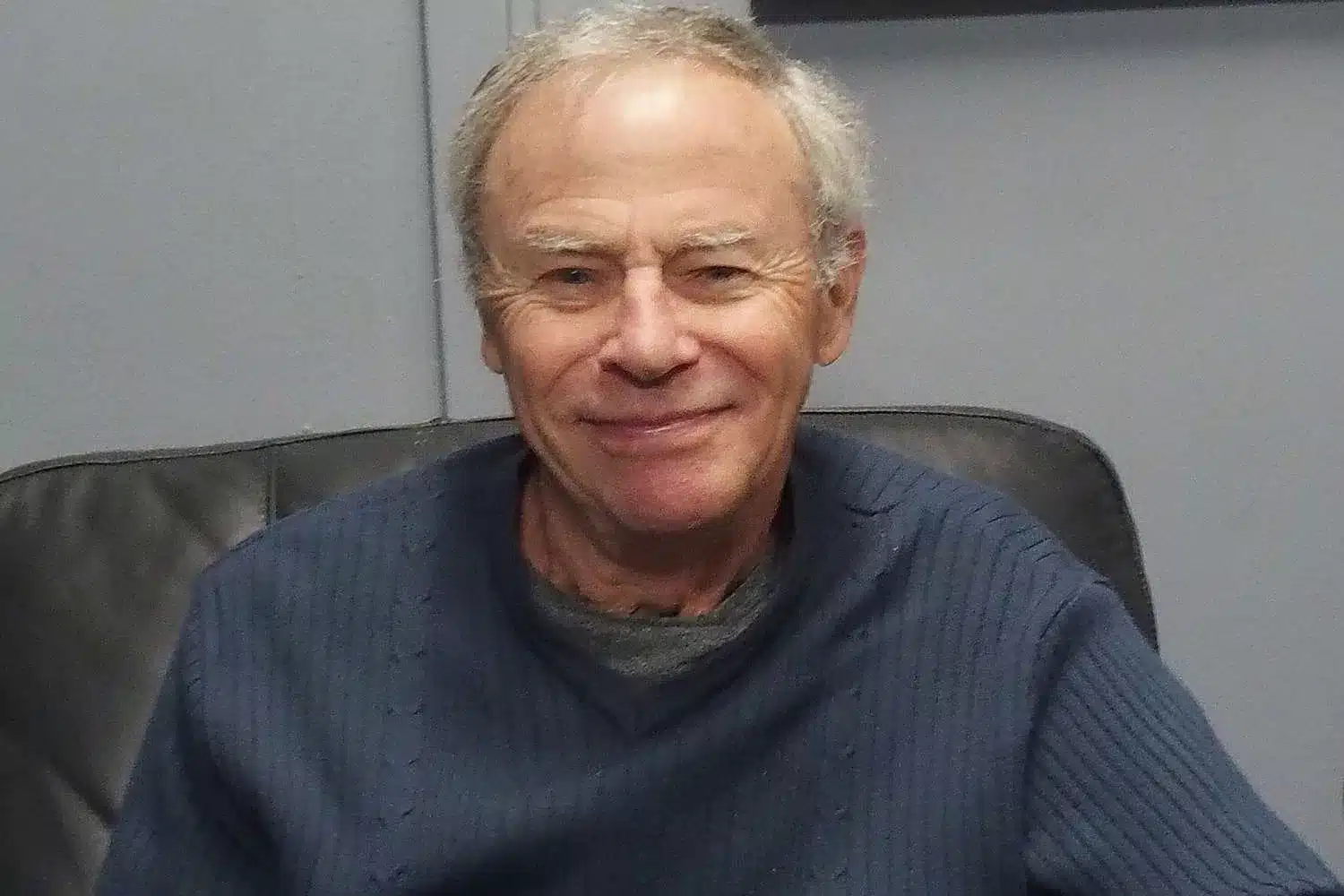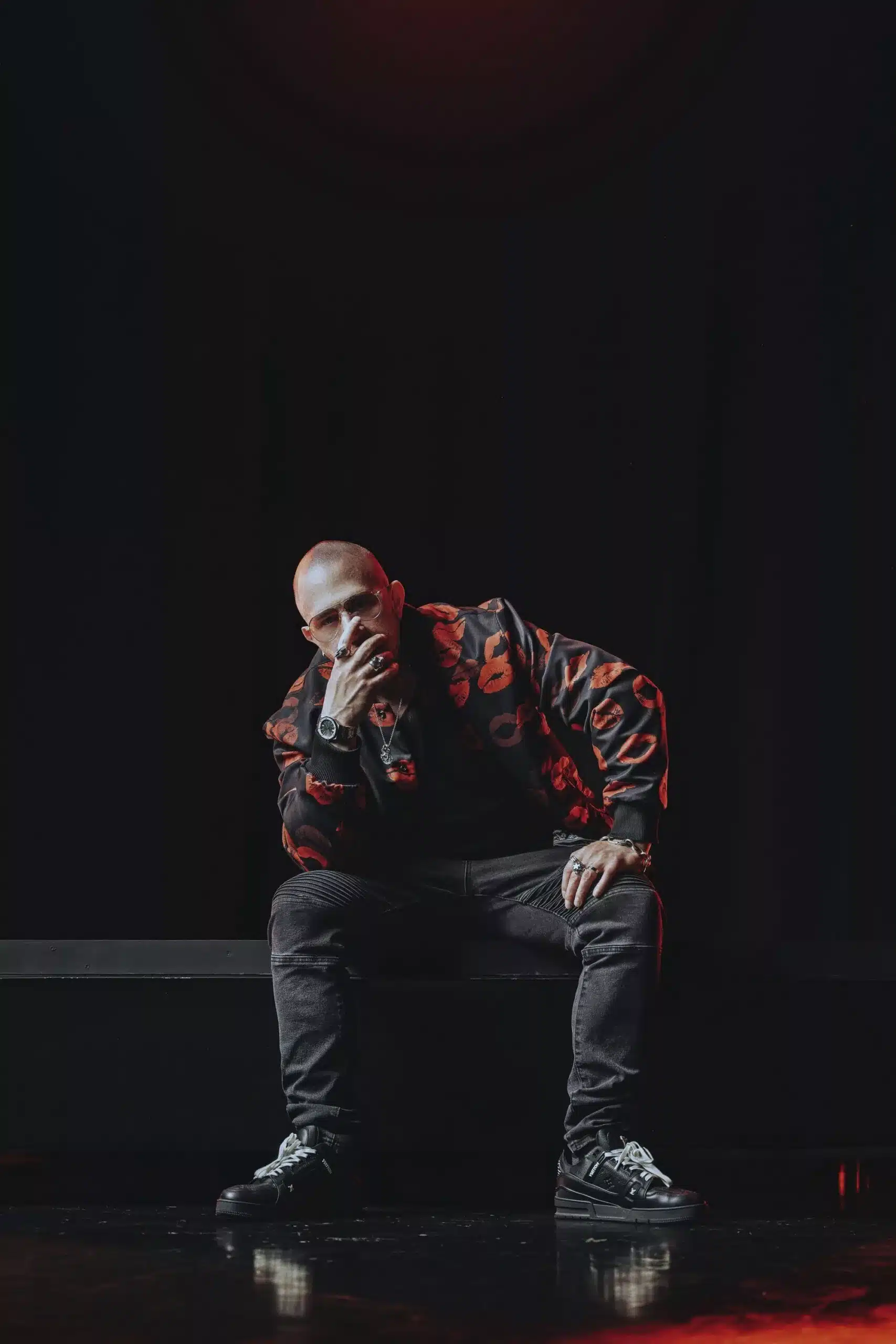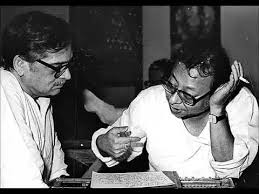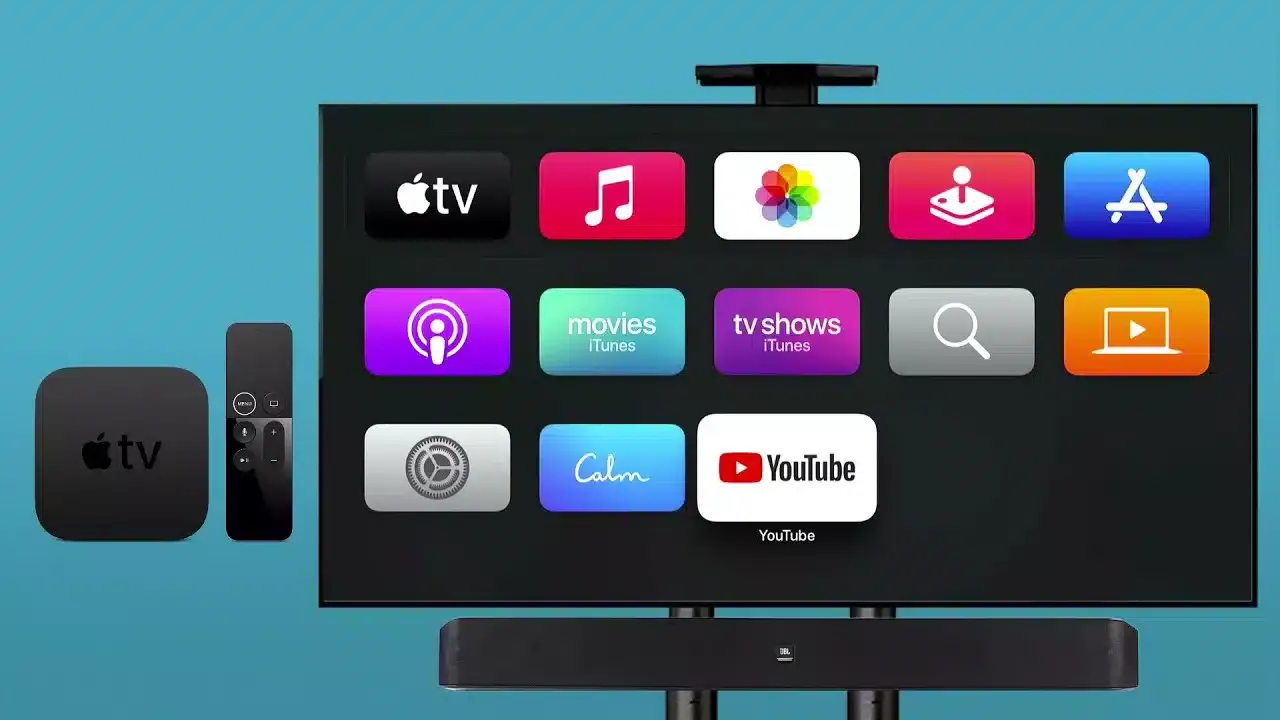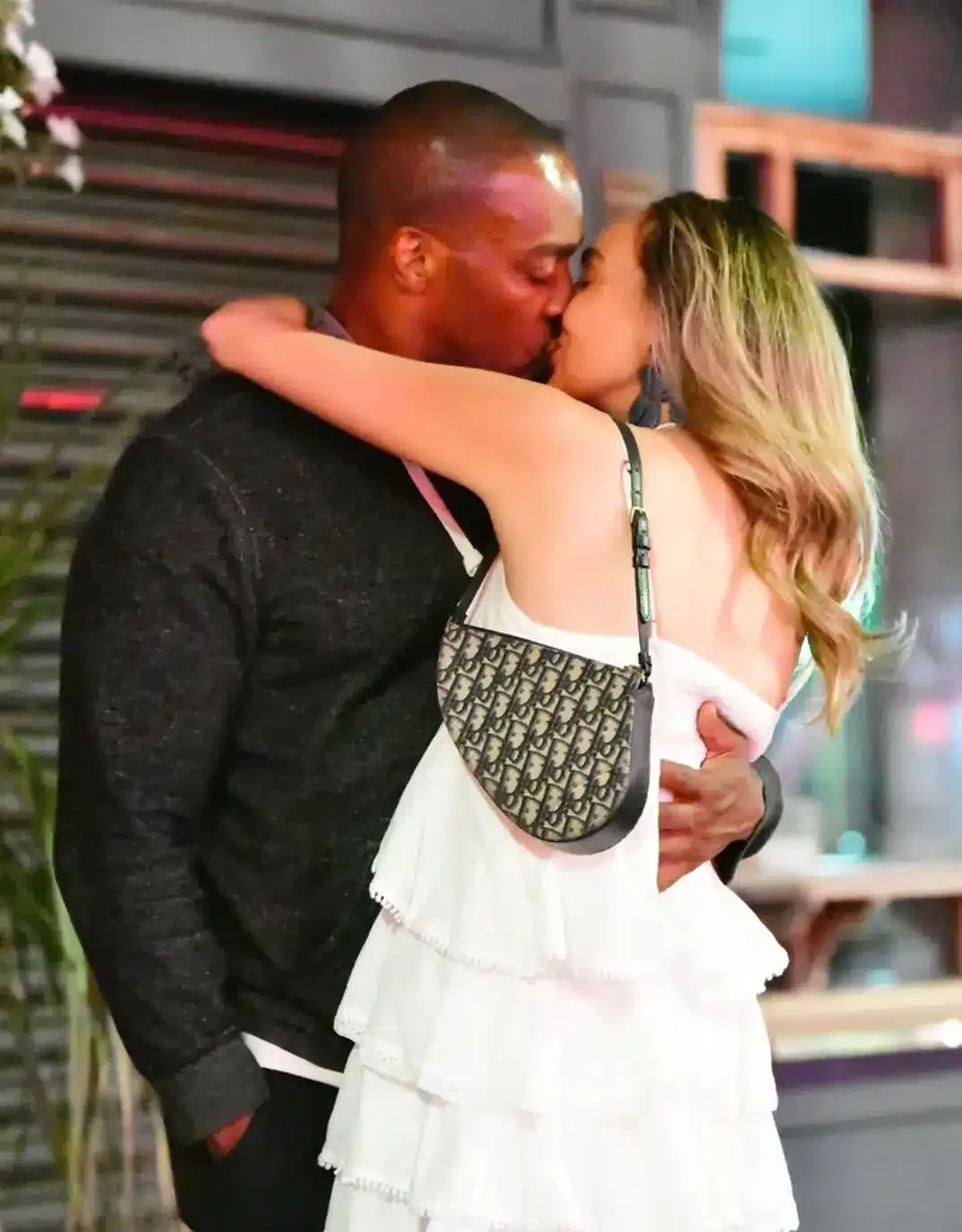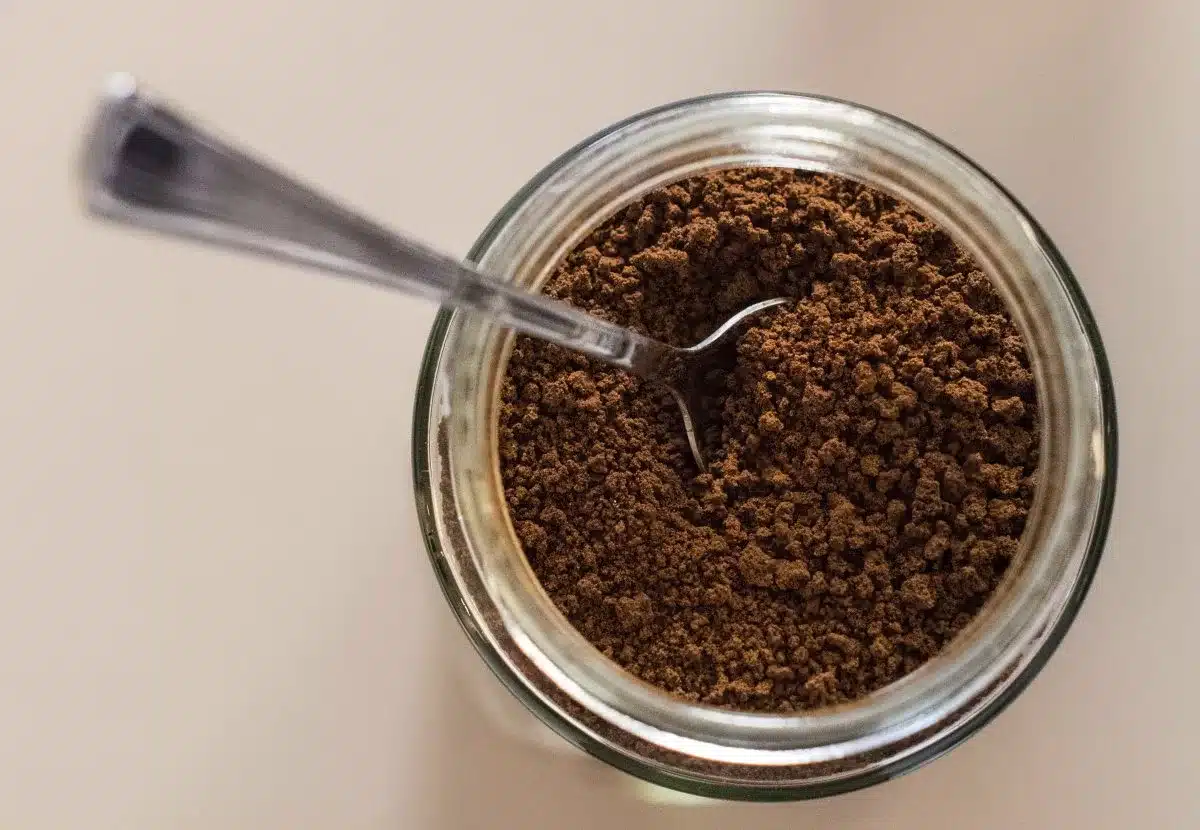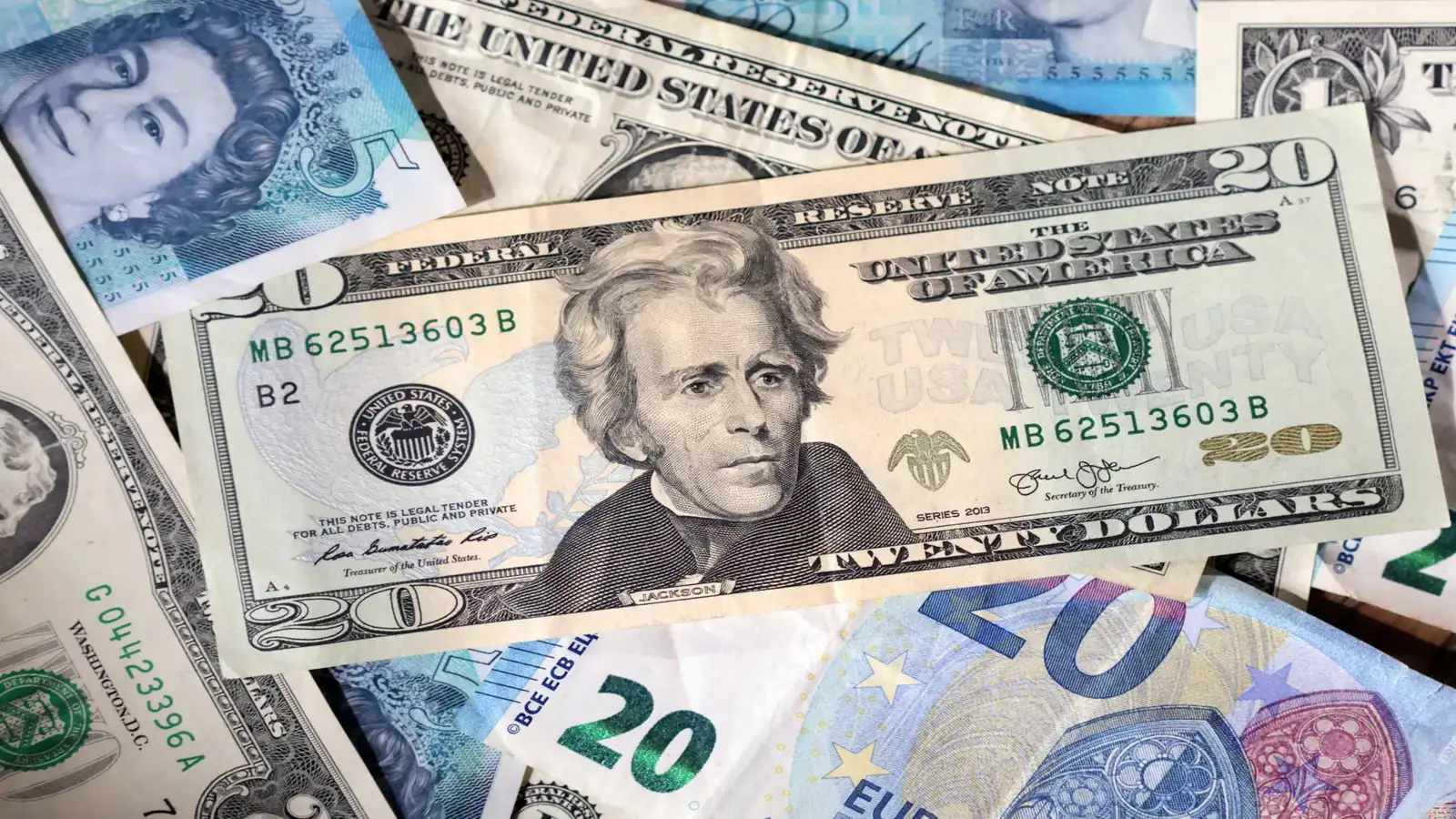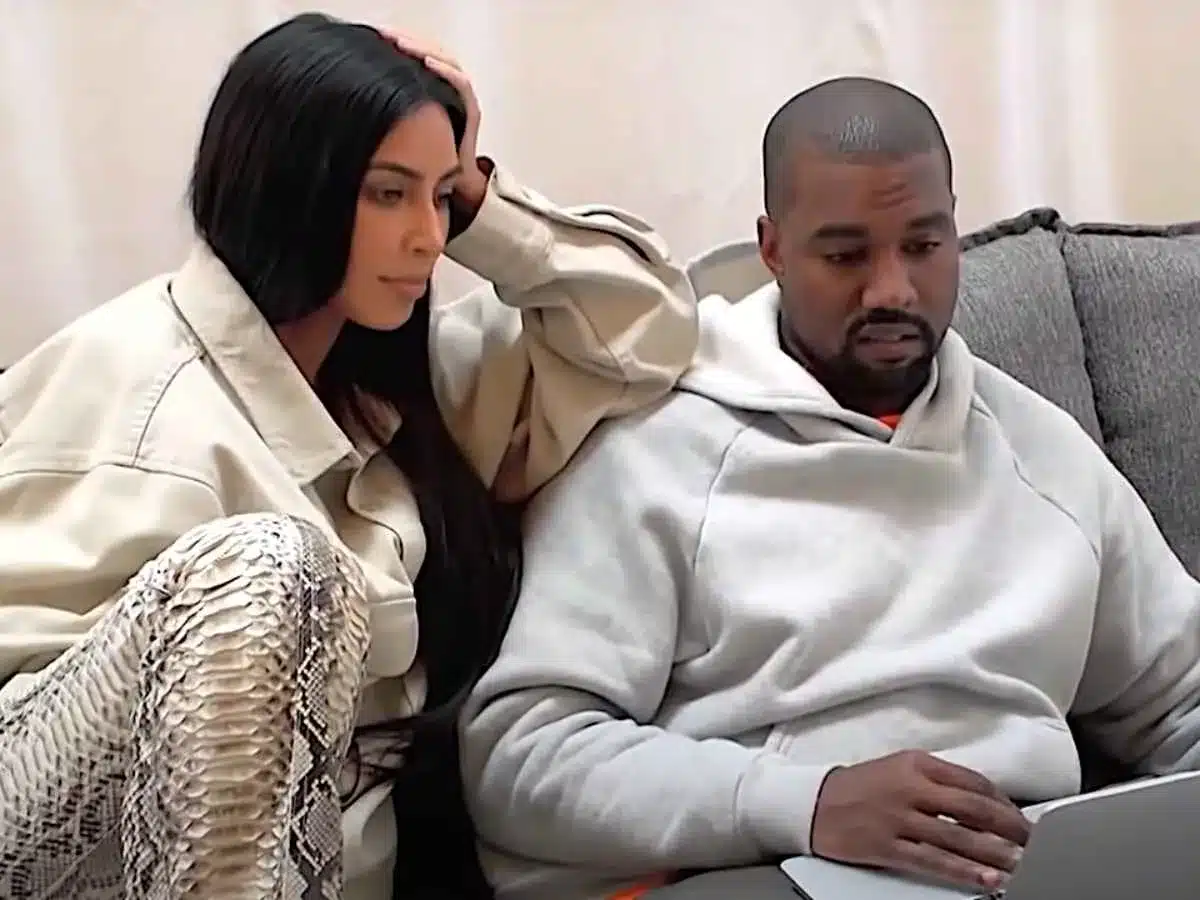
Sean “Diddy” Combs has just been found guilty on prostitution charges in his federal criminal trial, dodging the most serious allegations, but this mixed verdict still leaves the hip-hop mogul staring down a possible decade behind bars.
In a dramatic turn of events that has gripped the entertainment world, the jury in Diddy’s high-profile trial delivered a split decision Tuesday morning. Combs was convicted of two counts of transportation to engage in prostitution but was acquitted of the more severe racketeering conspiracy and sex trafficking charges. The verdict capped off a weeks-long trial filled with disturbing testimony, high-profile witnesses, and intense public scrutiny.
The courtroom fell silent as the verdict was read. Combs, 55, nodded quietly toward his family before lowering his head. His mother and six adult children sat behind him, some visibly shaken, others whispering prayers as the jury foreperson delivered the decision.
Judge Arun Subramanian, who presided over the case, thanked the jury for their “tremendous sacrifice,” commending their patience and commitment through weeks of graphic testimony and complex legal arguments. He reminded the jurors that while media outlets and members of the public may clamor for interviews, they are under no obligation to speak.
What the Jury Decided
The federal jury unanimously found Combs guilty of two felony counts under the Mann Act, a century-old law that criminalizes transporting individuals across state lines for the purpose of prostitution. These charges stem from testimony by multiple women, some anonymous, who accused Combs of orchestrating so-called “Freak Off” parties.
However, jurors did not find enough evidence to convict him on the most damning accusations: racketeering conspiracy and sex trafficking. Those counts, had they stuck, could have put Diddy behind bars for life.
Instead, Combs now faces a maximum of 10 years in prison, with sentencing expected in the coming months. Legal experts say his celebrity status, age, and lack of prior convictions may influence sentencing, but the convictions alone mark a staggering fall from grace.
Inside the Trial
Throughout the trial, the prosecution painted a picture of a powerful entertainer who used his wealth and influence to exploit young women, often luring them into situations involving coercion, drugs, and public humiliation. Prosecutors relied heavily on testimony from key accuser Cassie Ventura and corroborating accounts from former staffers, ex-girlfriends, and even bodyguards.
Defense attorneys, meanwhile, slammed the case as a “media circus” and insisted that the events in question were consensual, even transactional, but not criminal.
What Happens Next?
Combs is now a convicted felon, and sentencing is the next major event. His legal team has indicated plans to appeal, arguing procedural errors and judicial bias. Meanwhile, civil lawsuits filed by multiple accusers remain pending, and the guilty verdict could strengthen their chances of financial settlements.
And then there’s the cultural fallout. Once praised as a trailblazer in music, business, and entertainment, Diddy now joins the growing list of powerful men brought down in the post-MeToo era.
For now, the man once known for declaring “Can’t nobody hold me down” is about to find out just how long the system can.






